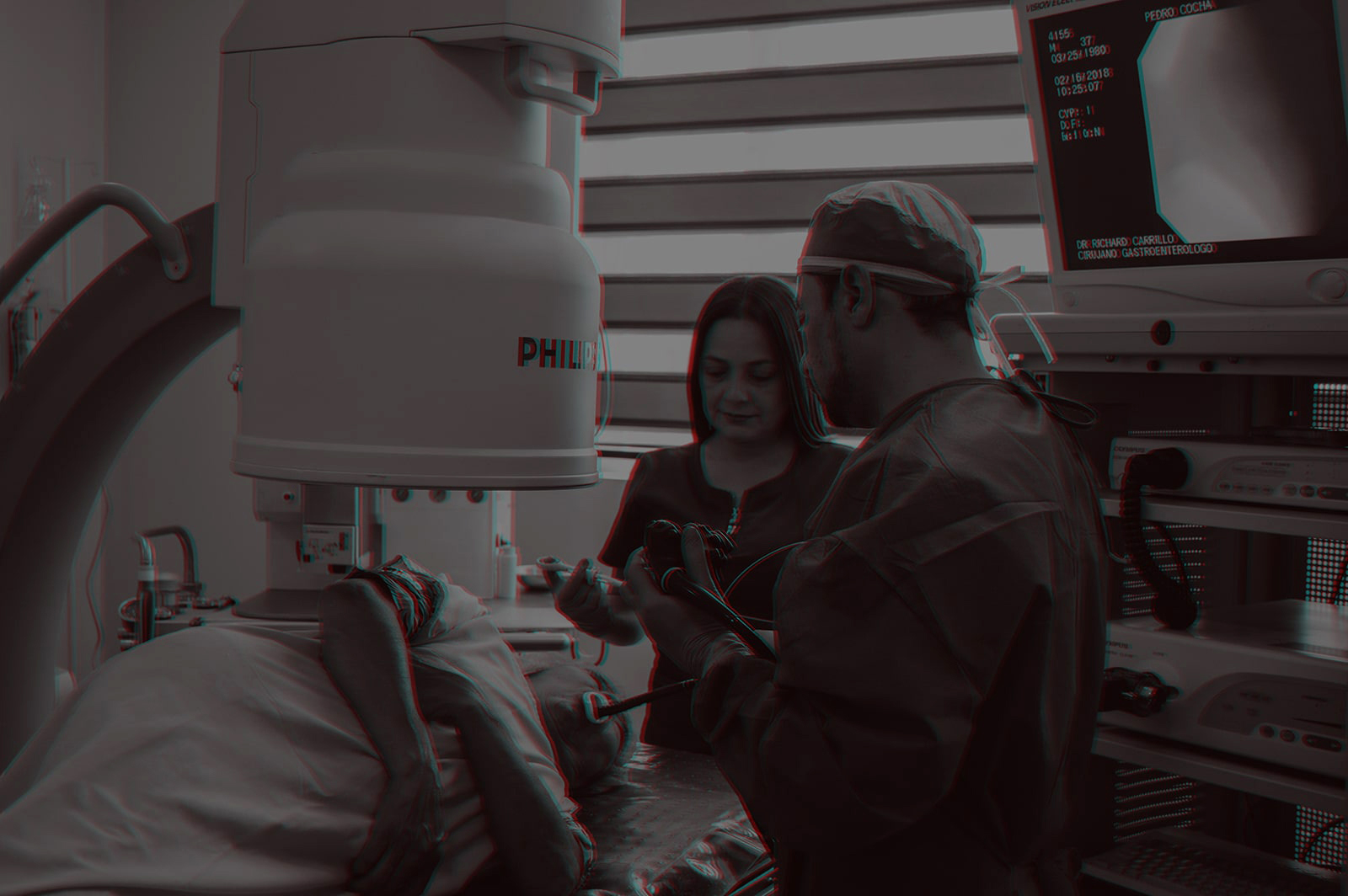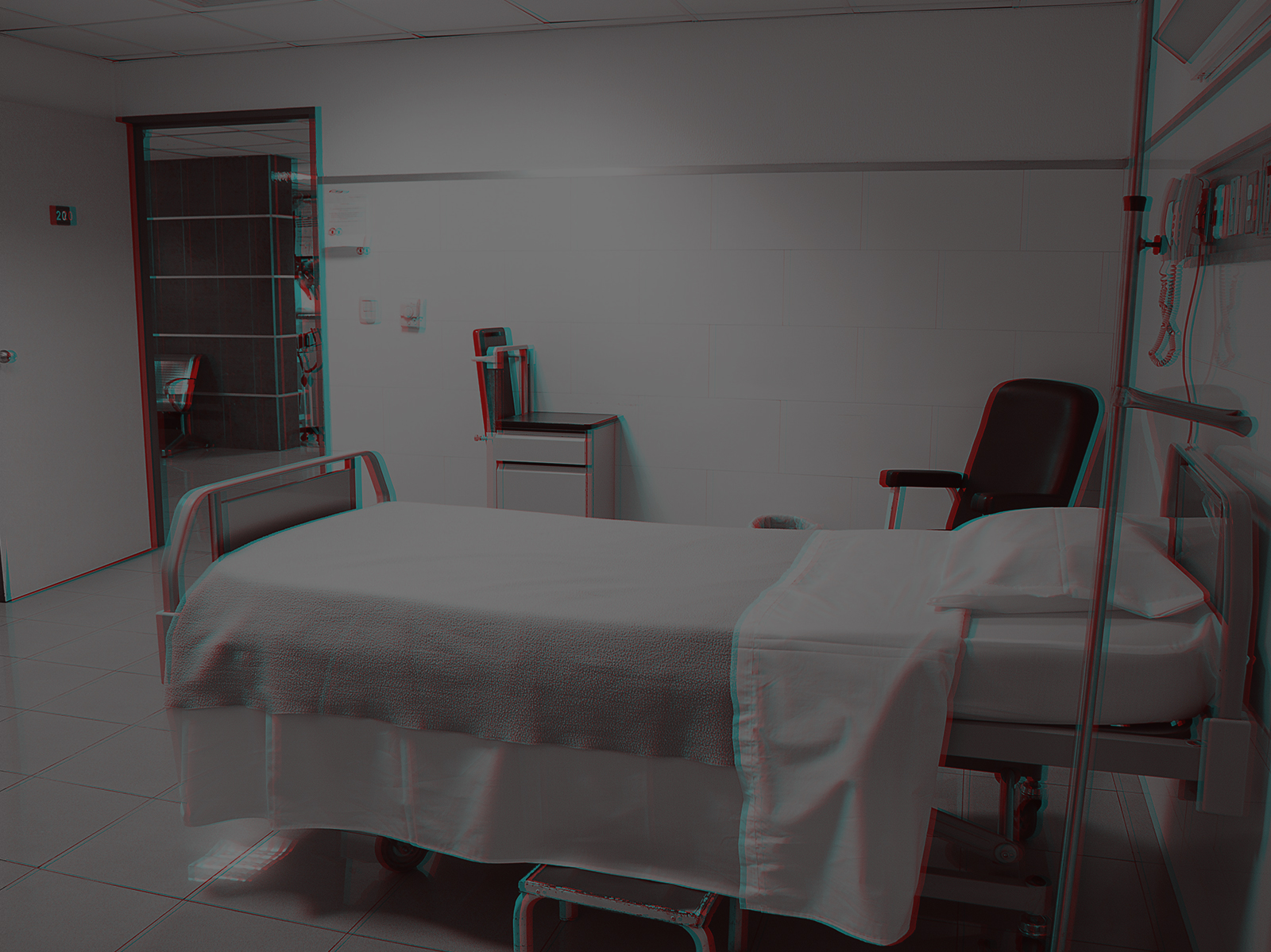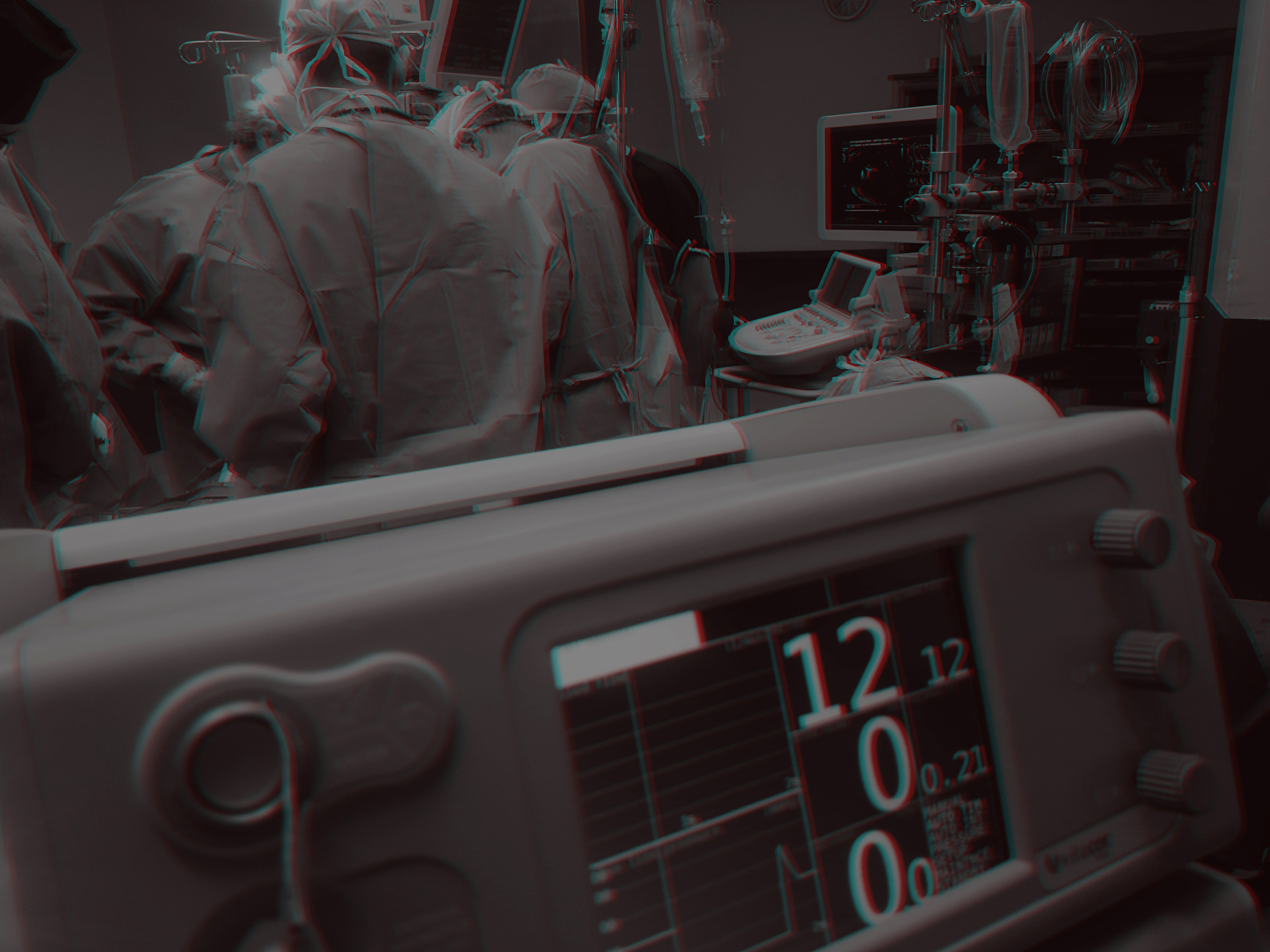
Our only consideration on where customers receive medical treatment, is on ensuring the best possible clinical outcome.
Learn more

In the United Kingdom both Private and Public Hospitals are regulated in the same way by the same entity. The facilities and standards of care are inspected regularly and staff are employed based on qualifications and experience.
The issues in our experience, fall into two areas of serious concern; overtreatment and/or inadequate medical facilities and training.
Overtreatment: It is common to see customers receiving unnecessary treatment and investigations in private clinics as a way to increase income from the patient as opposed to clinical requirement. This practise is not only wrongful, but can also be dangerous. Treatment in public hospitals, is driven only by the clinical needs of a patient.
Inadequate medical facilities and training: The most disturbing concern we have is that patients at a private facility overseas could have serious medical situations overlooked or misdiagnosed due to lack of appropriate diagnostics or expertise available. We have cases that prove this and cases where unfortunately the clinical outcome has been life changing.

Private hospitals overseas are renowned for over-treating, over-examining and over-charging holidaymakers
An indication as to whether a facility has a financial incentive over you and your care is often demonstrated as soon as you step in the door. Some private hospitals will demand an upfront payment, credit card or your passport before even considering a medical assessment – regardless of how injured or ill you are when you arrive.
Many private clinics offer hotel like luxury and comfort facilities, making the facility seem ‘better’. It is however a reality, that the facility itself, may not be clinically capable despite the superior façade, and that this could be to detriment of customers health and clinical outcome.
Access to the best available care for our customers in a medical situation has and will always come before convenience or cost. Choosing style over substance in a medical situation can have significant and severe consequences to your health.

We have found that some overseas private clinics have set up commercial contracts with third parties, such as hotels, which then advise holidaymakers to go to those clinics rather than to more appropriate and better equipped public hospitals for emergency treatment.
An automatic referral of a patient to a private clinic in this way, without an assessment as to the best facility for the treatment of the patient is dangerous.
It can place the patient in an extremely difficult position when presented to the private clinic in urgent need of medical treatment which in fact is either only available, or more readily available, at a public hospital.
We are funding an investigation into the corrupt practices of hoteliers and private medical facilities, whereby patients are transferred by medically unqualified hotel staff to private medical facilities pursuant to contractual arrangements which reward hoteliers for their ‘referrals’.
When we ask you to consider transferring to a public hospital it is not us trying to get out of paying your claim – it is simply to ensure you receive the best possible care and to mitigate the risk of clinical or emotional harm.
For us at tifgroup it’s about preventing you from having to gamble on the quality of care you receive.

Most UK travel insurers only cover private medical care where there are no adequate state facilities available. Whilst most UK travel insurers carry this exclusion around the use of private facilities, not all firms are prepared to actually enforce this exclusion for fear of complaints and perceived customer dissatisfaction.
We, tifgroup, operate differently and are passionate about making a stand, with very good reason and that is the best possible chance of good clinical outcome for the customer.
A young child was taken to a private hospital in a popular European destination after complaining of stomach pain. The private hospital diagnosed gastroenteritis and placed the child onto an IV saline solution for rehydration. The hospital declared that the child would be fine in a few days.
tifgroup, advised that the child should be transferred to a children’s unit attached to a University Teaching Hospital, but the private clinic criticised the quality of care at the public hospital and the parents made the decision for the young child to stay put. The next morning, the child’s condition had deteriorated and a doctor from the university teaching hospital was called to attend the private clinic.
The child was immediately transferred and underwent life changing surgery to remove almost their entire bowel.
The diagnosis; an obstructed superior mesenteric artery, the sole blood supply to the bowel. If the child had been transferred the previous night as suggested, they may have been able to bypass the blocked artery.
It’s not always the answer. We outline the What, When and Why of an Air Ambulance.
Learn moreIf you’re unlucky enough to need to seek emergency medical treatment abroad, there will most likely be costs involved for your treatment or medication.
Learn moreTiming is Everything. We discuss our Considerations for Premature Babies Abroad.
Learn moreWe have real case studies that are quite frankly horror stories. We want you to be aware of these situations, so you can at the very least choose to protect yourselves, whether you are insured by us or not.
Learn more